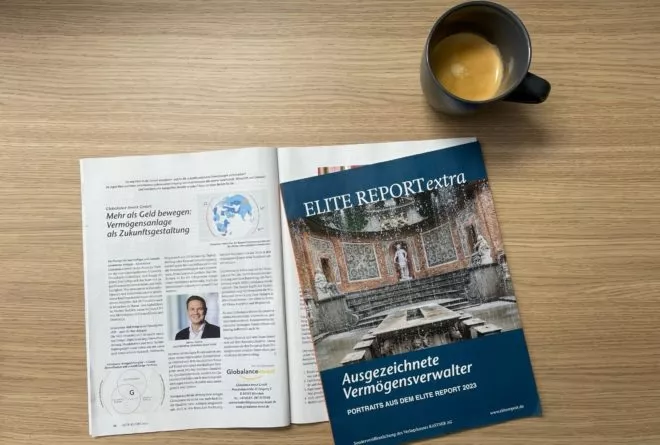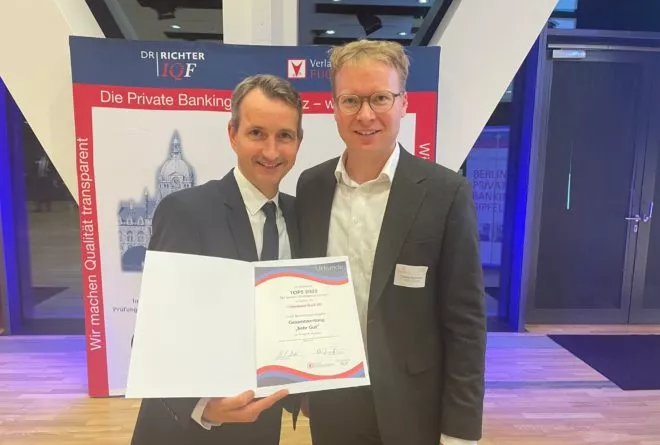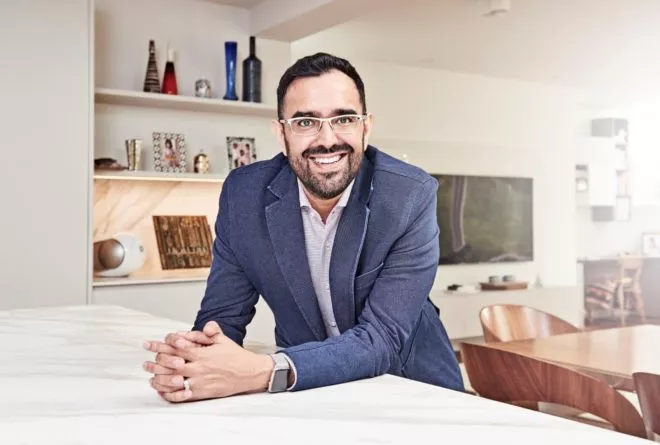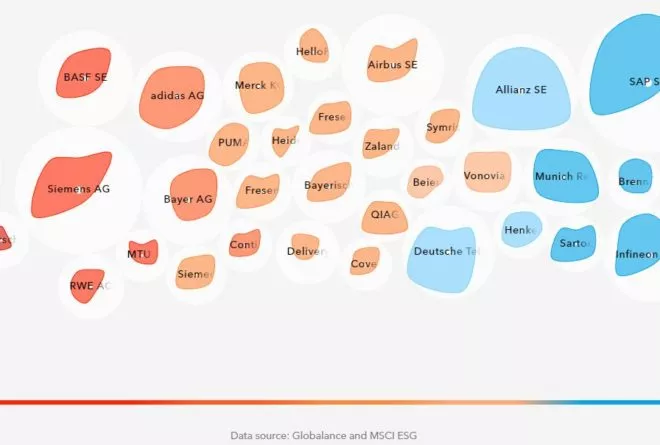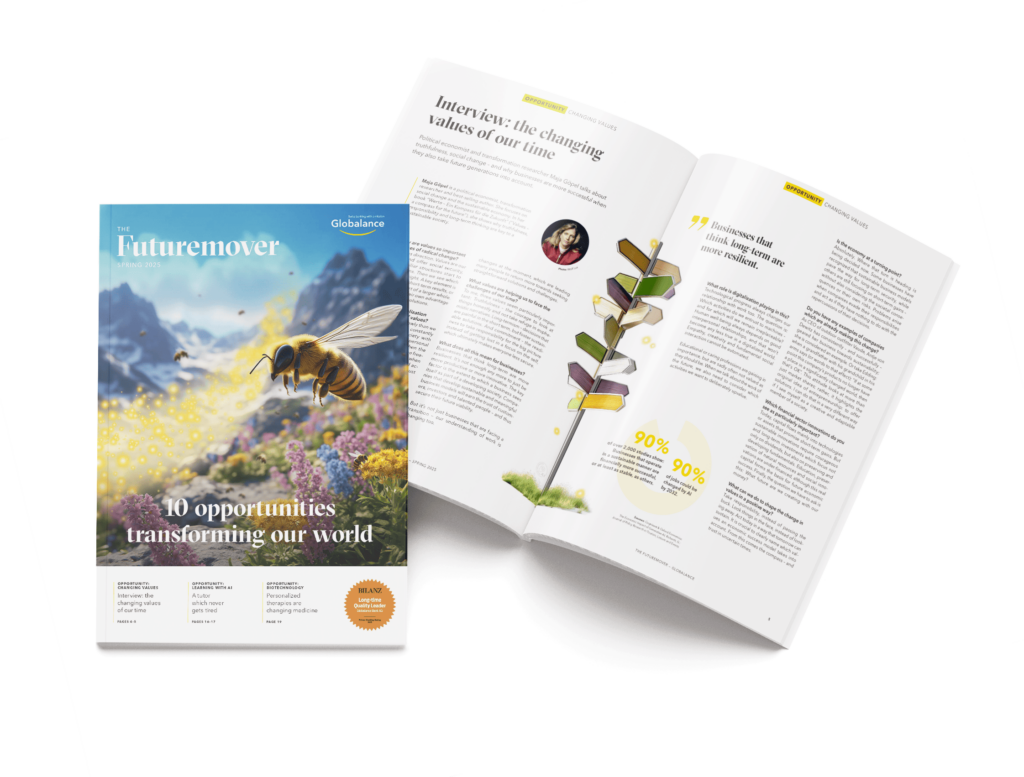News & Trends
«Speak a Sustainability Language Everyone Can Understand.»

Sustainability or fast fashion? – Kate Heiny, Director Sustainability at Zalando, in an interview for Globalance.
The title of your recent publication is “Attitude-Behaviour Gap Report”. In it, you address the value-action gap: we do not act as we announce in surveys. Why is it so hard for us as individuals to rethink and change?
This is exactly what we wanted to find out with this piece of research. We know there is a long-standing gap between what people say they want to do and what they actually do when it comes to sustainable fashion. Our customers tell us they want to make more sustainable choices, but some things are stopping them. We wanted to find out what the barriers that stand in their way are in order to help them follow through. When we asked them how they felt about sustainable fashion, the strongest association was “guilt” (70 %) and the weakest was “fun” (44 %). Every second participant does not even understand what sustainability means in a fashion context. With these numbers in mind, I think it is fair to say that sustainable fashion has an image problem. But we strongly believe that we can fix this image problem. And if I say “we”, I mean the industry including Zalando as well as consumers.
Sustainable fashion has an image problem.
How has this research influenced Zalando’s approach?
The report includes clear and actionable recommendations for the fashion industry and consumers on how to jointly close the gap in sustainable fashion. With our new value-based browsing experience we have already implemented one of our report recommendations: “Speak a sustainability language everyone can understand”. Our customers will now be able to browse based on the values they care about and that they connect to on a personal level. Furthermore, following our recommendation to “Take steps toward transparency and take your customers on the journey”, we continuously increase the level of transparency in our private labels and also together with our partner brands via our mandatory brand assessment.
Have there been any recent examples of rethinking in your do.MORE strategy and what made you change course?
In 2019, we launched our do.MORE sustainability strategy that is built on already existing improvements, such as flagging more sustainable items in the Fashion Store, and moved Zalando forward on initiatives that touched on every part of the company. We are constantly raising the bar to lead by example. Thus, for example, we raised our target of Gross Merchandise Volume generated from the sale of more sustainable products to 25 % by 2023 and also our sustainability standards by lifting the threshold for products to be eligible for our sustainability flag. We aim to raise our ethical standards and by 2023 only work with partners who align with them. In our packaging we are switching from plastic to paper shipping bags which brings us one step closer to our goal of eliminating single-use plastic by 2023.
Your report advocates a significant rethink across the industry. Which of the ten recommendations you make is hardest to implement and what would it take to do so?
Some of the recommendations we give are more basic and provide solutions that may help companies to kick-start their sustainability journey. Others are more advanced and meant for companies that are ready to accelerate their efforts.
There is a big challenge around circularity, but at the same time it creates a huge opportunity. If we extend the life of clothes, we can reduce emissions substantially. That’s why we have committed to applying the principles of circularity and by 2023 extending the life of at least 50 million fashion products for example through our “pre-owned” offer.
Customers will increasingly engage in circular services, but we as an industry need to build technical possibilities and offer them convenient solutions. We need to integrate circularity throughout the product life cycle, invest in second-hand clothes and help our customers to care for and repair their clothes.
Kate Heiny
Kate Heiny started as Director of “ Sustainability” at Zalando SE in 2019. Together with her team, she is the driving force that is bringing Zalando’s Corporate Sustainability Strategy to life and defining action to develop Zalando into a fashion platform with a net positive impact on people and the planet. Prior to joining Zalando, Kate held senior sustainability positions at Target Corp. and C&A. She also supports the Sustainable Apparel Coalition, where she served as a board member for six years.

